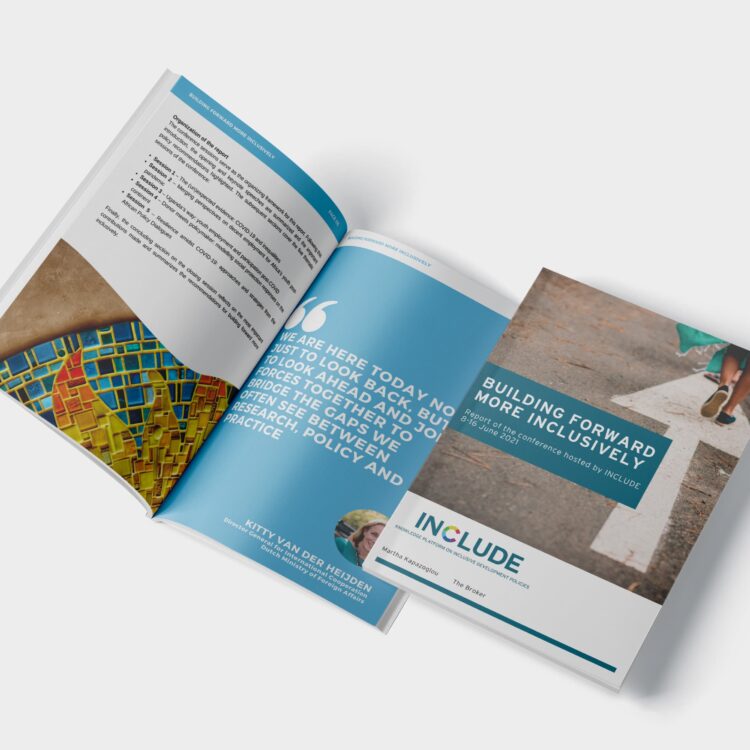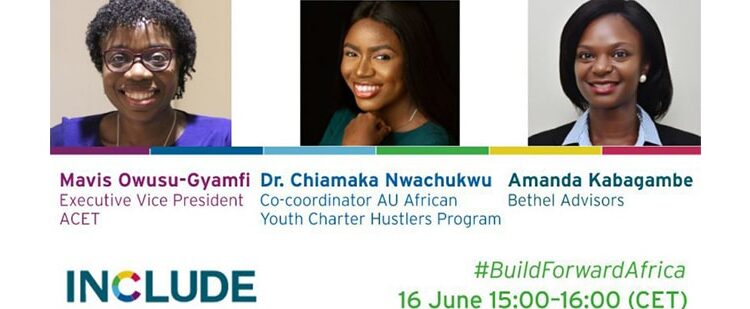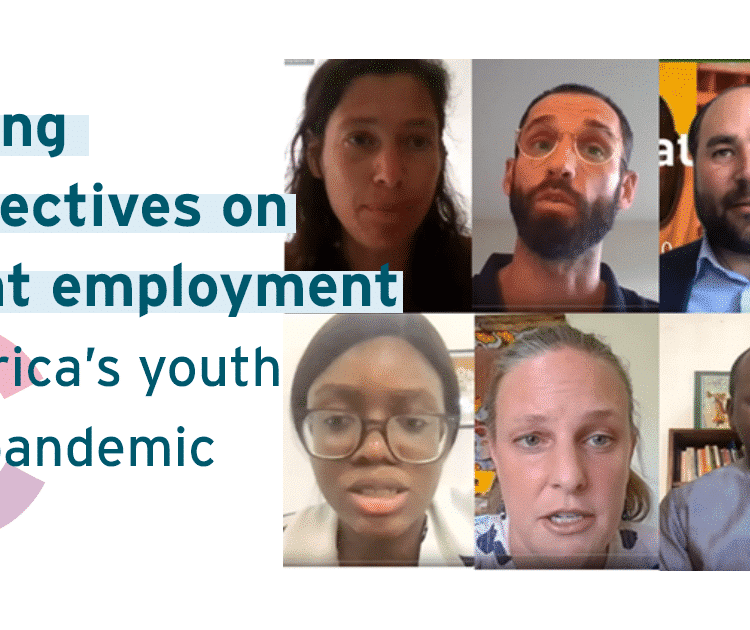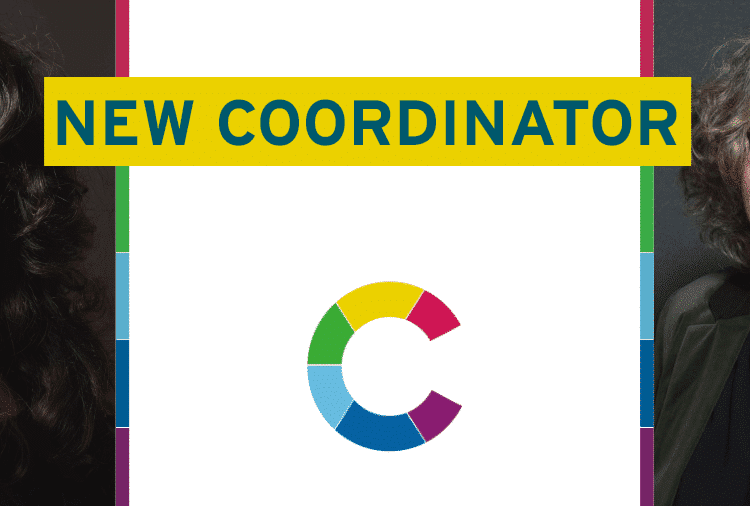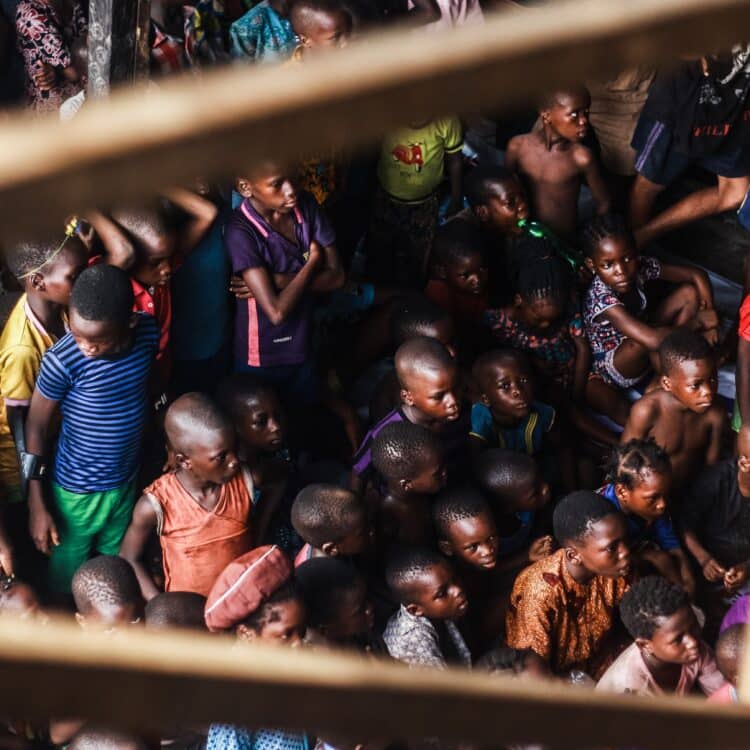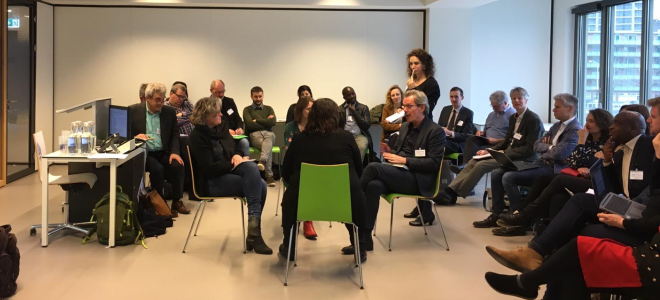
Creating space for civil society organizations (CSOs) is mainly done in the first phase of partnership creation, where the actual rules of engagement are determined. International NGOs, donors and embassies can improve civic space for CSOs, especially when this space is limited domestically. Yet, the image of representing foreign interests and the practicalities involved can hinder CSOs in their engagement. A long-term, holistic approach to supporting CSOs in their own right, beyond just meeting donor priorities, is recommended for the new Dialogue & Dissent programme of the Dutch Ministry of Foreign Affairs (MFA).
These are some of the conclusions of the expert meeting ‘Research for Dialogue & Dissent 2.0’, hosted on 10 January 2019 in The Hague as part of the Assumption research programme ‘New roles of CSOs for inclusive development’, commissioned by NWO-WOTRO. At this meeting, six research groups taking part in the programme presented their initial findings, which served as a starting point for discussions and, more specifically, for participants to scrutinize the assumptions underlying the Dialogue & Dissent framework (see Box 1). This discussion between researchers, CSOs and the MFA is expected to provide input for the new policy framework of the MFA succeeding the current Dialogue & Dissent.
After opening by moderator Adrie Papma and kick-off by To Tjoelker (head of the Civil Society department of the MFA), representatives of the six research projects presented their key messages, based on the empirical phase of their research. Moreover, two new research projects were introduced: ‘Dilemmas in sustainable development and civil society in Bangladesh and Zambia’ and ‘Non-state actors and civic space in Zimbabwe, Bangladesh and Palestine’. In the afternoon, researchers (as well as other participants) were invited to make an explicit link between their findings and the validity of the assumptions underlying D&D.
The terms and conditions of funding of CSOs was the subject of much debate. Several projects concluded that the funding priorities and rules of donor compliance impact on CSOs’ manoeuvring space in the political arena, as well as their capacity for day-to-day practices. For instance, although the importance of providing flexibility to CSOs is recognized in the framework, researchers report that a lot of capacity is still used for administrative work.
The importance of the involvement of international NGOs and Dutch embassies was acknowledged by all research projects. For instance, the project ‘Enabling rules for advocacy in Kenya’ concluded that these organizations add value, for example, by providing funds that are otherwise not available to CSOs, brokering between stakeholders, enhancing the credibility of partners, co-creating advocacy strategies and strengthening capacity. However, CSOs may still opt not to cooperate with either of them. For instance, the project ‘CBOs within the official development aid system in Kenya’ found that a CBO operating outside of the official development (ODA) system chose to do so for a combination of reasons, such as the fact that the criteria imposed by the ODA system was too strict and disabled the CBO from responding to emergency situations and that cooperation with partner NGOs created a negative image of the CBO inside the community. Participants argued that it is important to view these decisions from CSOs (or CBOs) within the entire power dynamic inside the arena they operate in, including relations to national state and non-state actors.
Hence, although the research projects had different objectives and research questions, there was some common ground in their findings: they all recommended increasing the flexibility of aid provided to CSOs to a certain extent. For instance, the projects generally agreed that advocacy needs to be seen as not just a stand-alone activity of CSOs. In fact, advocacy is often integrated with practices such as service delivery, where the distinction between the two is hardly visible. Often, CSOs are able to practice advocacy because of their role in service delivery. As a consequence, participants argued that funding the two activities separately would be less successful than a holistic approach to supporting CSOs in their own right.
Although the conclusions drawn above were supported by almost all research projects, the type of support needed for the CSOs studied is context specific. Some may benefit from support in capacity strengthening, while others need strategic partnerships or conflict mediation. A representative of the MFA, therefore, posed the question if the Ministry should be ‘rigidly flexible’ in its support. While a clear answer was not provided, it was concluded that a thorough analysis of the local context should always precede the design of a programme.
Box 1: Assumptions underlying the Dialogue & Dissent framework
- CSOs play a crucial role in changing power relations.
- CSOs perform four types of political roles to change power relations: educational, communicative, representational, and cooperative.
- Different roles require different organizational forms (i.e. formal/informal), capacities and forms of legitimacy.
- When pressured, informed and/or persuaded by CSOs, states and companies change their policies and practices and societal groups change their norms, values and practices to be more sustainable, equitable and inclusive.
- Precondition: CSOs need to be locally rooted, strong, legitimate and autonomous to perform political roles.
Theme ‘CSOs and the aid chain’
- External aid by the Ministry and (mainly Northern) CSOs can strengthen CSO in low and lower middle income countries (LLMICs) in their political roles through capacity building and assistance in advocacy process.
- CSOs are actors in their own right and not merely instrumental channels for aid delivery.
- Promoting civil society’s political roles needs a long-term context-specific approach, which incorporates mutual learning, trust and local ownership.
- Precondition: the design of the aid chain does not interfere with the aspects mentioned in the previous point.
Theme ‘CSOs in an enabling environment’
- External aid by the Ministry and (mainly Northern).
- CSOs can strengthen CSOs in LLMICs in their political roles by offering protection in hostile environments and lobbying for improved political space.
- Precondition: CSOs need political space to perform political roles.
